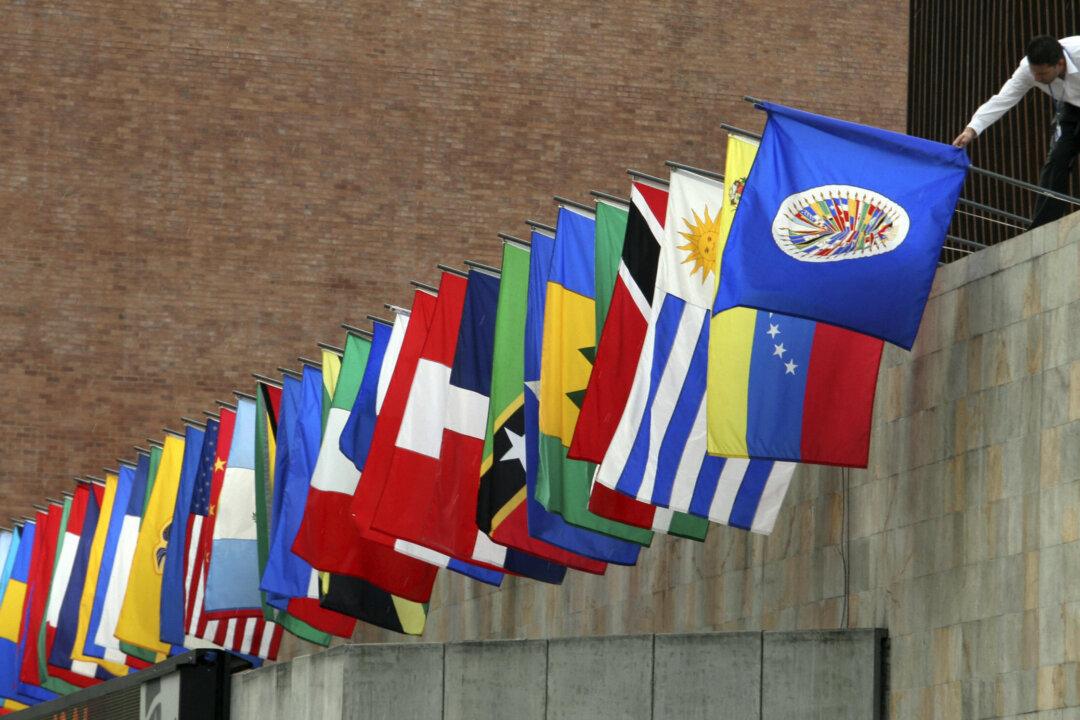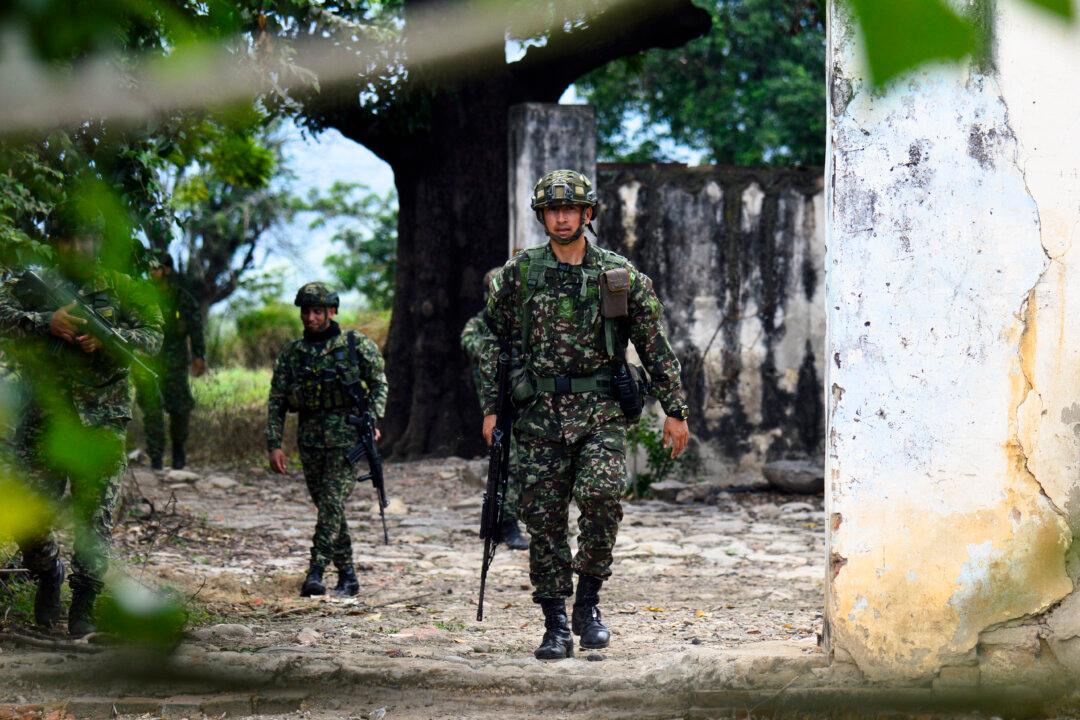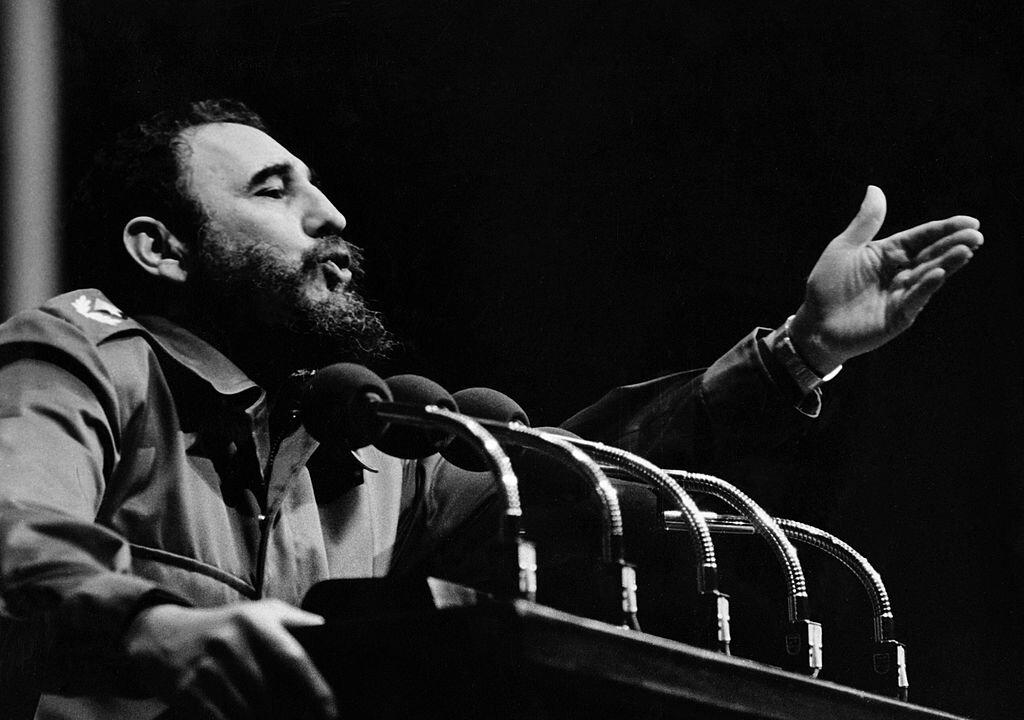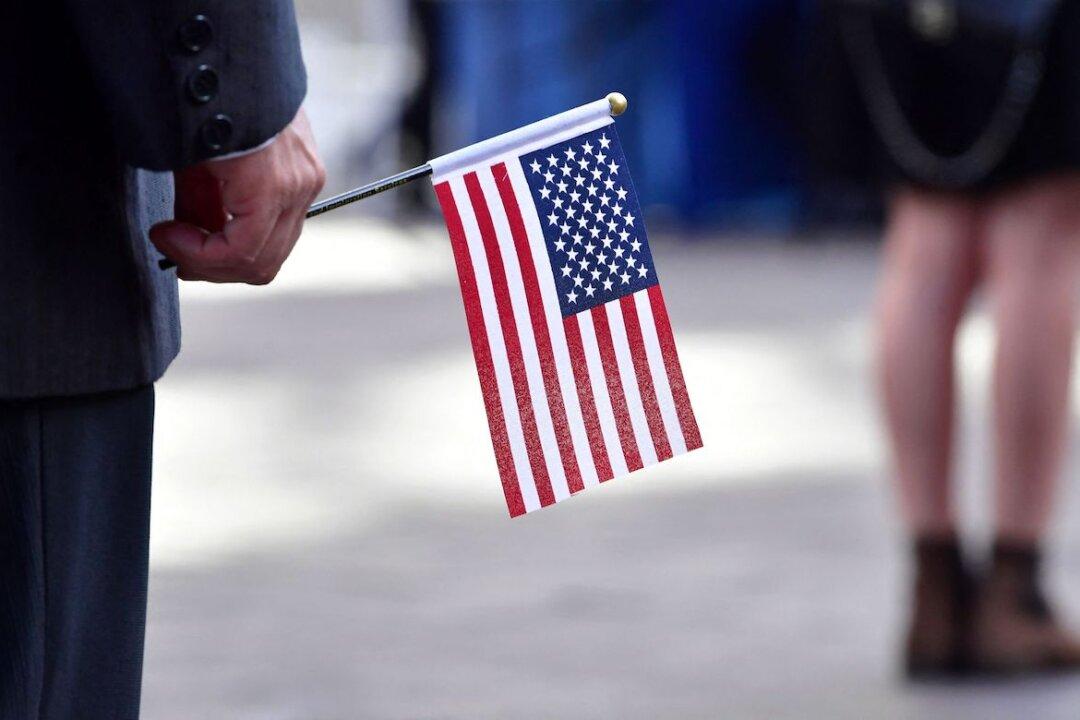The pen may be mightier than the sword, but a pen doesn’t do much good in a knife fight.
Likewise, plentiful words and posturing from the Organization of American States (OAS) have brought nothing to Nicaraguans and Venezuelans, as they suffer under brutal, authoritarian regimes. “Democracy, human rights, security, and development” are the touted pillars of the OAS, the oldest and most prominent regional organization in the Western Hemisphere.





